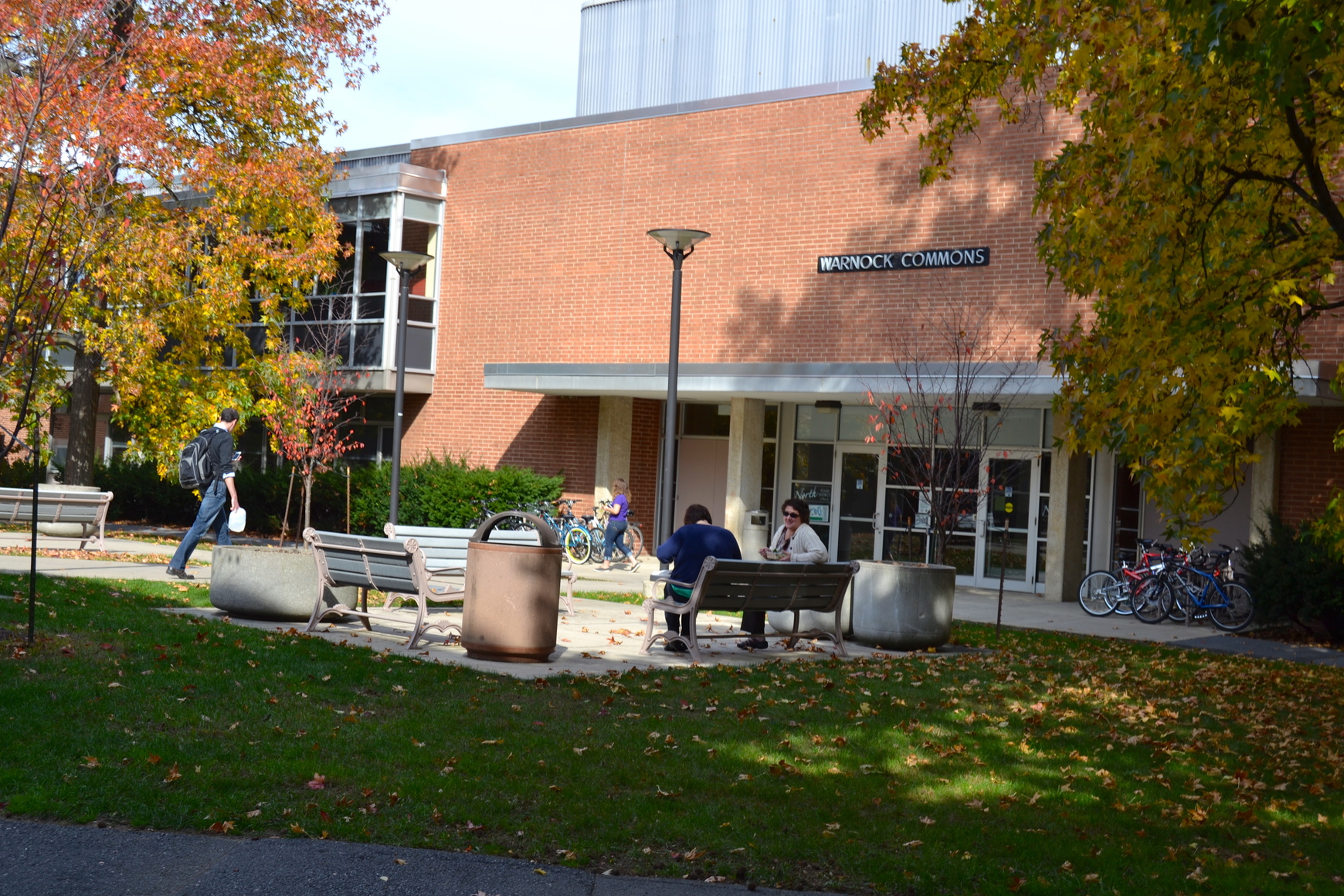Community, Environment, And Development: Meet One Of Penn State’s Smallest Majors

In a world dealing with problems spanning from racism and sexism to environmental and economical troubles, many majors at Penn State focusing on these issues only allow students to be able to focus on one aspect. Either a student deals with the racism and sexism problem, or he or she deals with the environmental and economical troubles. There is a major at the University, however, which preaches the ability to be able to think critically to solve all of these problems. That major is Community, Environment, and Development (CED), and, with only 125 enrolled students, it is one of Penn State’s smallest majors.
“The overall focus [of the major] is having students understand how the community and the environmental interactions influence how people act,” said Professor of Agricultural Economics Dr. Tim Kelsey. “In the major, we focus on the wide variety of aspects that influence communities.”
Whether it’s here, in another developed country, or a developing country, problems of community development, economical, and environmental struggles hang over the heads of so many communities. This is where the CED major benefits those enrolled in it so much.
“It’s much more how to think and ask critical questions with what’s going on in the community than it is cookie cutter training,” Kelsey said. Many majors prepare students for a very specific career path. The CED major differs significantly from that in the sense that students are granted a lot of freedom in their educational experiences. When describing some of the courses students in the major take, Dr. Kelsey couldn’t give an exact academic plan due to the fact that, as he put it, “there’s a lot of flexibility in the major.”
The major requires its students to select a specific concentration, one of the reasons why the program comes with so much flexibility. The CED major has three options to choose from: Community Economic Development, Economics and Environmental Policy, and International Development. Each option requires students to take various courses that align with the option they choose. Even further, the major requires for students to pursue a specialization he or she wants to focus on.
“Essentially, it’s 12 credits the student takes to go above and beyond major requirements and gen eds,” Kelsey said. “They decide what the specialization needs to be.” Dr. Kelsey explained that his students have specialized in areas such as Geographic Information Systems (GIS), Spanish, and Federal Policy. Ultimately, the student must decide based on what he or she wants to focus on in his or her career.
After graduation from the CED major, students can peruse a wide array of options for their future. As Dr. Kelsey said, “The world is wide open for them.” Many students pursue careers with the Peace Corps, go on to law school to study environmental policy and regulations, and one student even interned at the White House.
During the program, students learn to think critically, and even more importantly, learn how to apply that critical thinking to solve community, economic, and environmental problems. “A majority of the classes have term papers, written analyses [instead of tests], where they take the information and apply it to a situation,” Kelsey said. Another advantage of the major comes with the experience the faculty brings to the students. “In the situation of how to approach this, you can say [to the students], ‘This is how I approached it when I did it,'” Dr. Kelsey said.
Coupled with staff experience and the development of critical thinking skills, students of the CED major are prepared for the world in ways which other departments just can’t prepare their students. Graduates are ready to tackle the world’s problems with community development and economical and environmental crises because of the education they received from their major: Community, Environment, and Development.
Your ad blocker is on.
Please choose an option below.
Purchase a Subscription!




